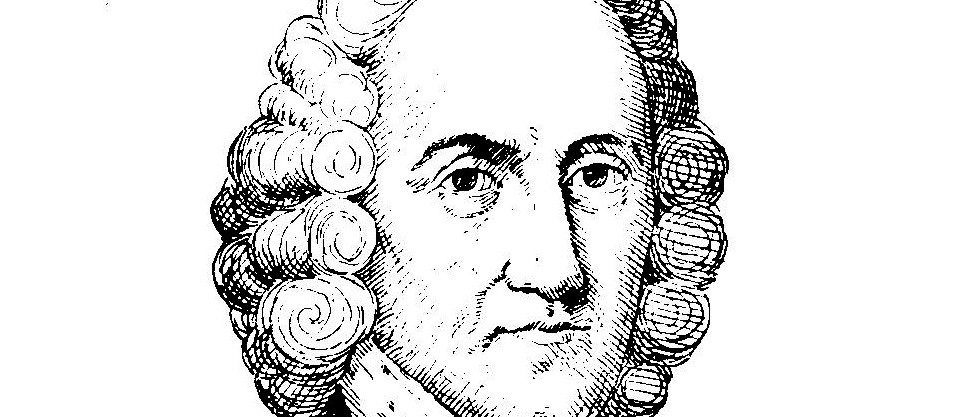June 22 is the anniversary of Jonathan Edwards’ dismissal from his pastorate in 1750. The great awakening had gone through his town a few years before, but once it was over, plenty of people wanted to go back to sleep. Edwards had tried to raise the standards for church membership and communion in his town, and discovered that his town didn’t really intend to act like revival had ever happened.
Of course it was all enormously complex. George Marsden has written about it as well as anybody ever has, and he notes in his definitive biography of Edwards,
The scene of America’s greatest theologian and colonial America’s most powerful thinker being run out of town and forced into exile in a frontier village has intrigued observers ever since. Is it the tragedy of the great man being crushed by following his own high principles? Or is it the pathos of a brilliant but impractical intellectual whose prudery and zeal for control brought out the latent pettiness of a small town? As in most of real life that rises beyond the ordinary, it was a mixture of both the exalted and the pathetic. (p. 369)
Edwards went on trial before a ministerial council which asked the congregation to vote their opinion. It was ten to one against: 230 men voted against him, and only 23 voted for him. The council’s investigation did clear Edwards of several charges against him, and affirmed that he was a fine pastor who could continue to serve in another congregation which shared his views of church membership.
Edwards’ farewell sermon was a sober reminder that this pastor and this congregation were standing in the presence of God, and would have another trial eventually:
With the intensity and unrelenting logic to which they were so accustomed, he depicted a compelling scene of how they would meet again before the great throne of God on the judgment day. At that meeting they would have to give an accounting of how they had treated each other as spiritual father and children, these twenty-three years. (p. 361)
